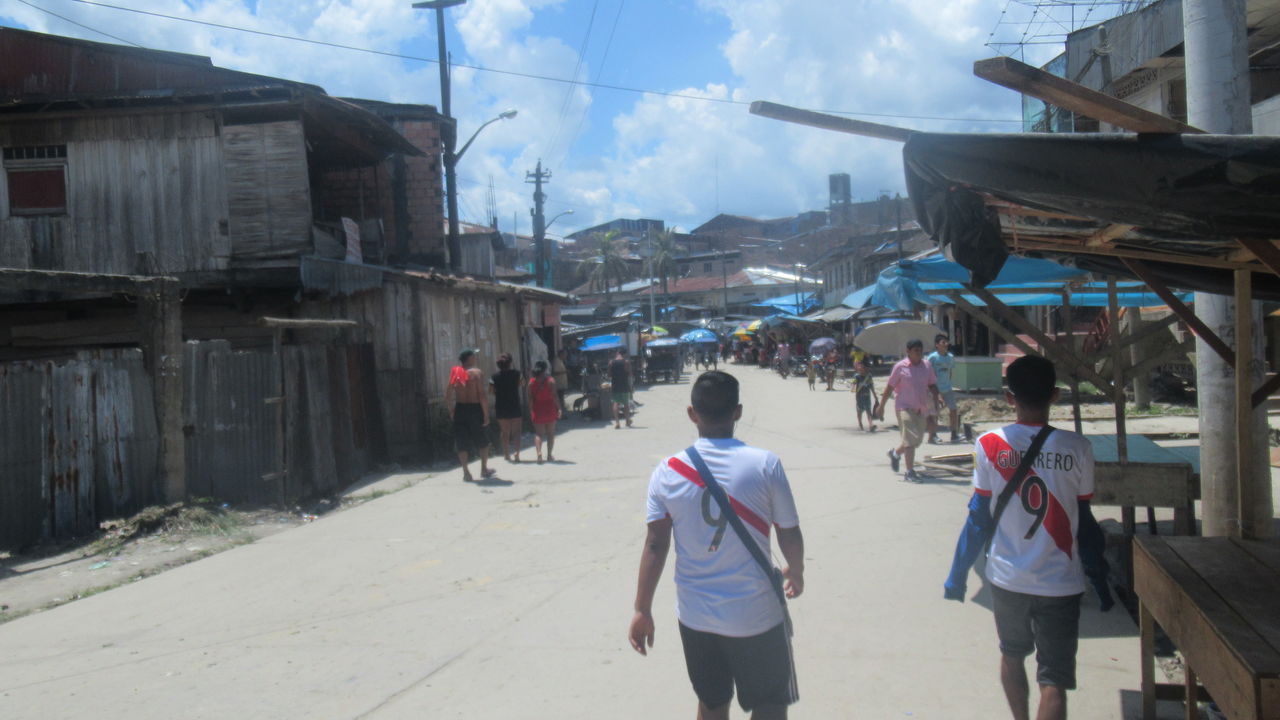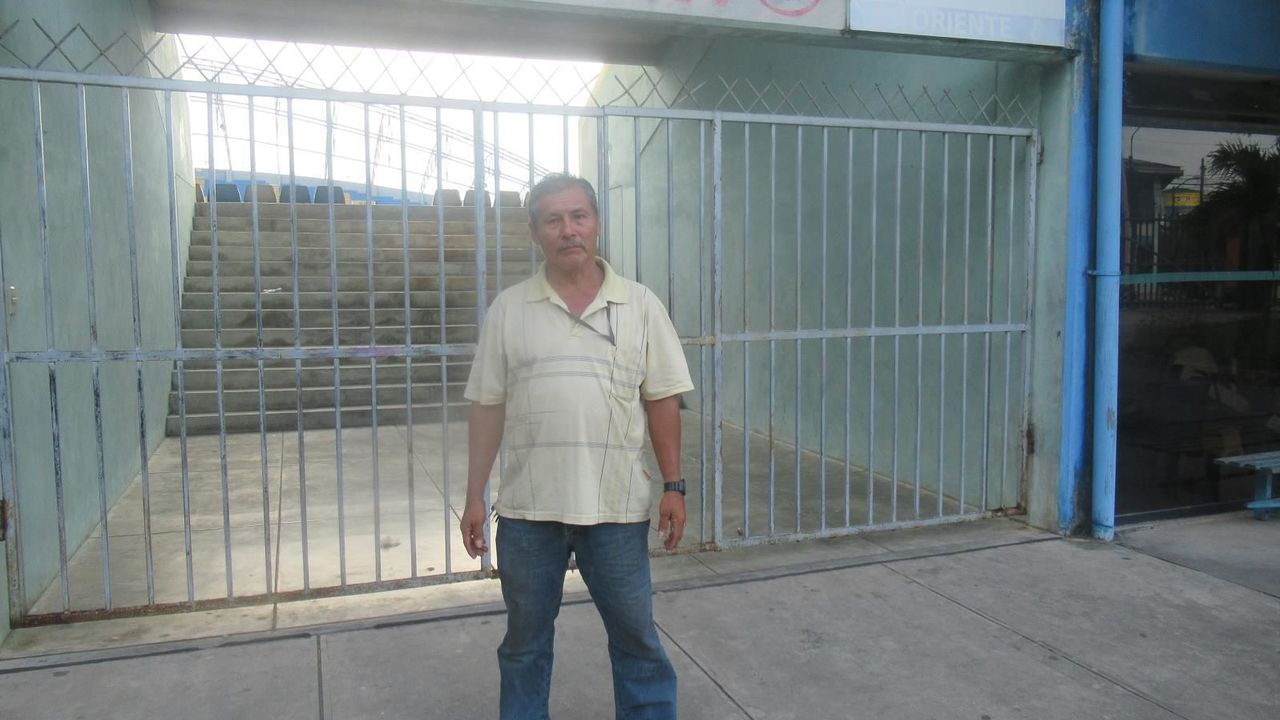The death of football in Iquitos, Peru
In the heart of the Amazon rainforest lie the ruins of a club that once played in the Primera Division, Peruvian football's top tier. They're located in Iquitos, the largest city on the planet that can't be reached by road.
Iquitos is a metropolis within a jungle, a place where a praying mantis will greet you at the airport and where tropical downpours will drench your backpack. It's where the Third World and nature collide violently, resulting in countless social plagues, including abject poverty and wildlife trafficking. Endangered animals, both live and dead, can be purchased in Belen, a partially floating shanty town and market where foreigners wander in search of ayahuasca, of which there is no shortage.

Football is merely an afterthought, due in no small part to the death of Colegio Nacional Iquitos. CNI played in the Primera Division as recently as 2011. That was the year it all fell apart. The club was relegated, marking the beginning of the end.
In Peru, relegation is often a death sentence. Peruvian football is comprised of just two professional divisions; there's no third tier. As a result, clubs relegated from the Segunda Division must climb back via the Copa Peru, a complicated tournament that features five phases and 50 contenders. The champion is promoted to the Primera Division. The runner-up is promoted to the Segunda Division. Forty-eight clubs go nowhere.
But CNI went straight from the Primera Division to the Copa Peru, avoiding the Segunda Division altogether.
Outside the Estadio Max Augustin, where CNI used to play and which was one of the four stadiums for the Under-17 World Cup in 2005, Arlindo Ruiz Lopez, a coach, explains what went wrong.
"We have an economic mishap that the team fell out the categoria," Ruiz says, referencing Peruvian football's two professional divisions. He tells me CNI can no longer play in the Copa Peru because there's "been a death."

"It no longer exists," Ruiz declares. "In a few words, it no longer exists."
I ask Ruiz if there's a way to revive CNI, to which he answers: "You can revive it, right? But a new board has to be formed because the person in charge, who was the president, was Mr. Ivan Vasquez. He was the president, and when the team descended, he disappeared. There's a large sum of money that's owed to the football federation. There are players who are also owed, coaches who are also owed."
CNI's death coincided with the birth of Estudiantil CNI, another club founded by the school in Iquitos. They share a connection but aren't the same entity.
Ruiz explains: "A little team has come together here, but from right there, from CNI. But it was, well, a team ... it wasn't directly the situation of that of CNI. It's a team that many directors formed. It comes out of the school."
In 2017, Estudiantil CNI reached the fifth and final phase of the Copa Peru and missed out on the Segunda Division by just four points. The run gave Iquitos' population a reason to believe professional football can return to the city sooner rather than later.
HEADLINES
- Neymar has minor knee surgery, still hopes to play in World Cup
- Messi vs. Yamal: Argentina, Spain to contest Finalissima in March
- World Cup winner's record $50M jackpot far below CWC windfall
- Netflix to launch FIFA World Cup video game
- Small number of World Cup tickets set at $60 after global fan backlash